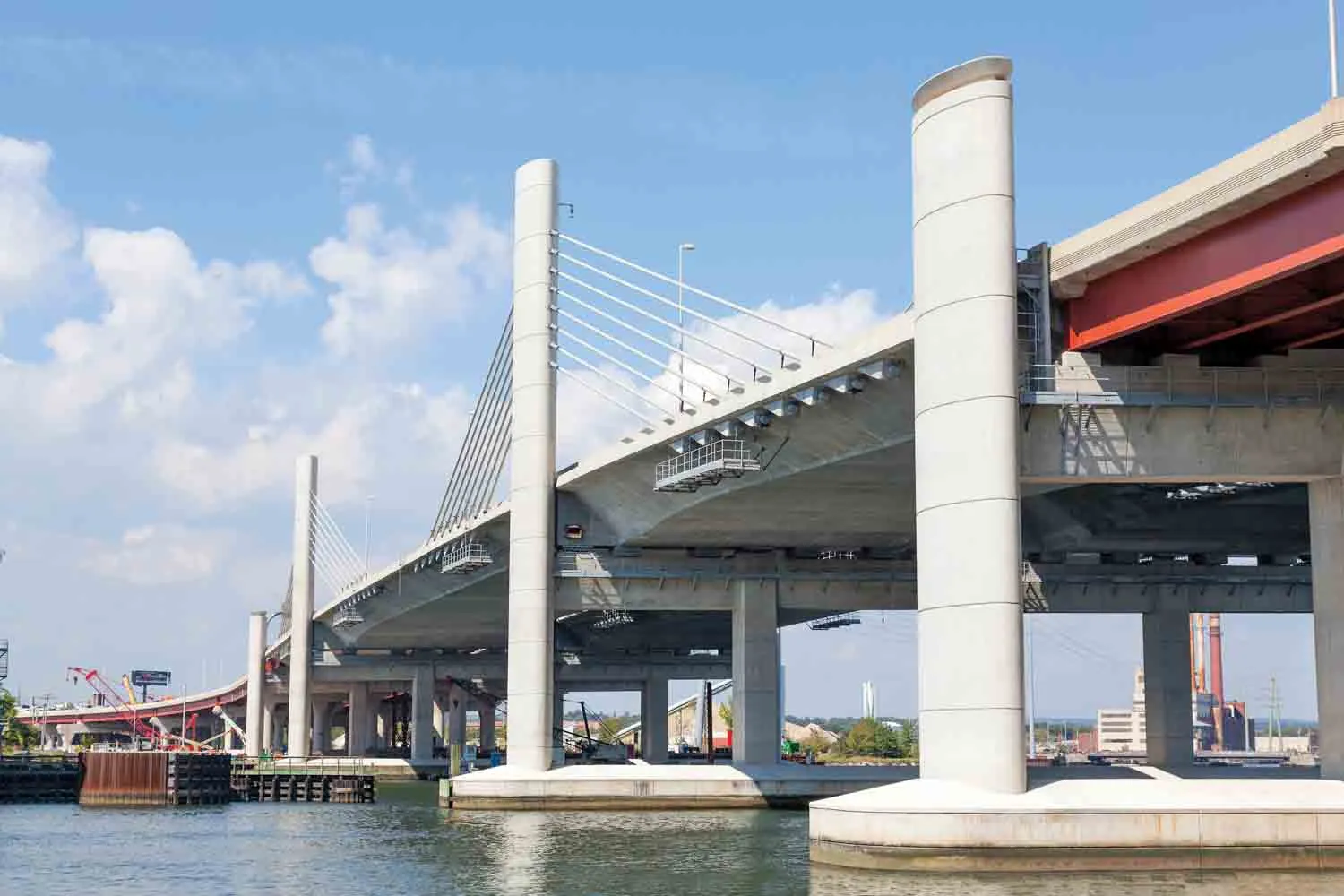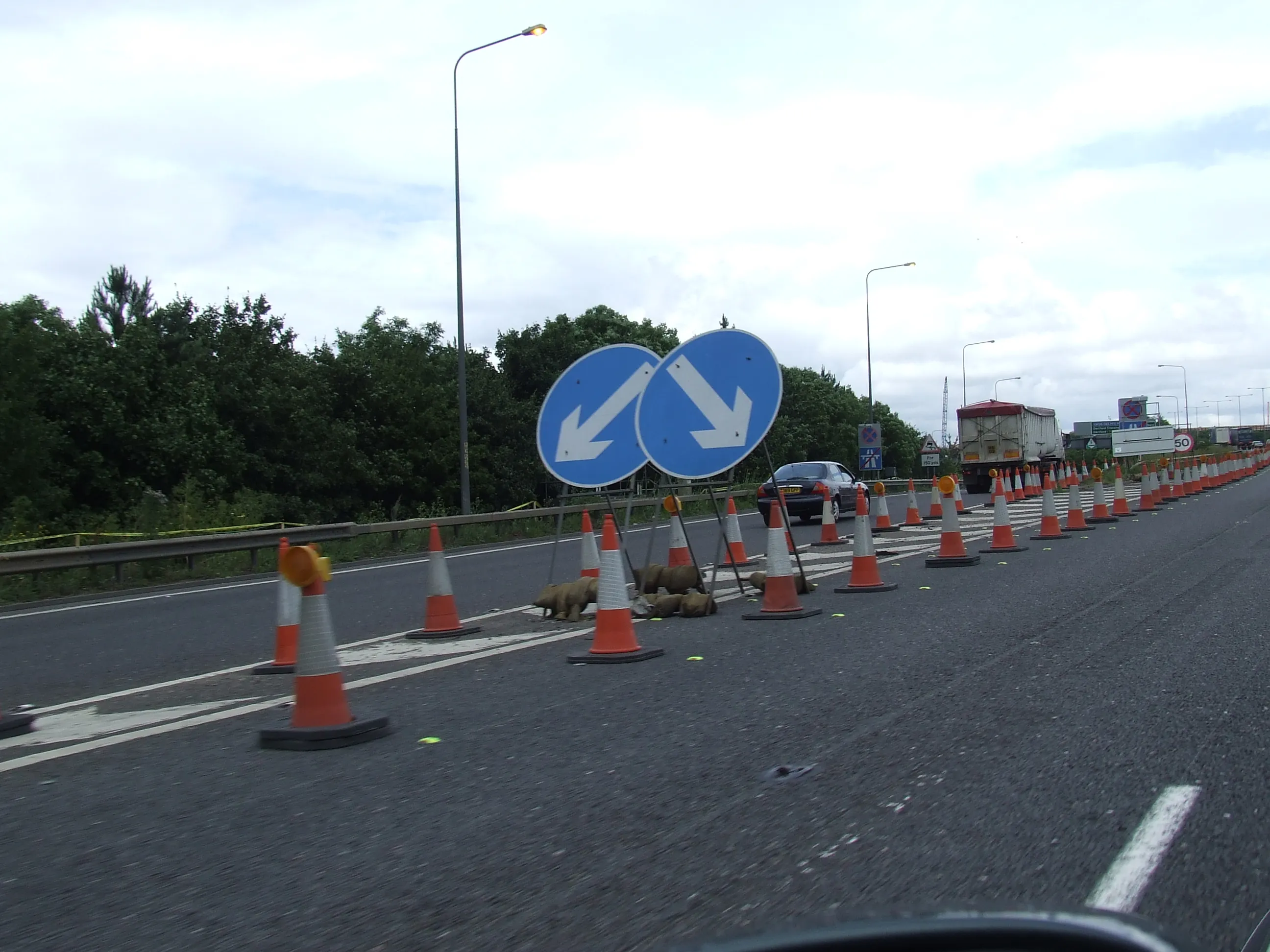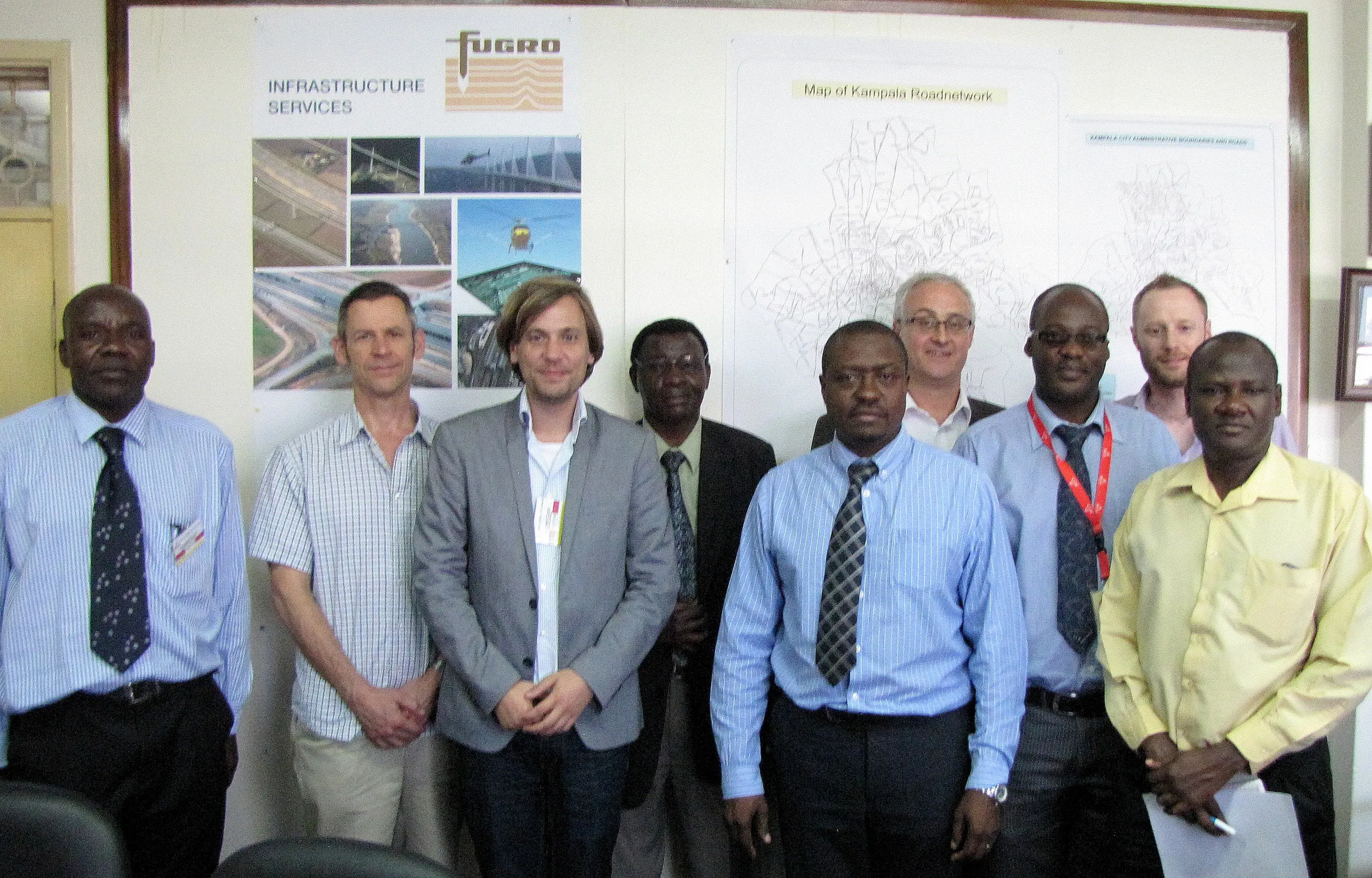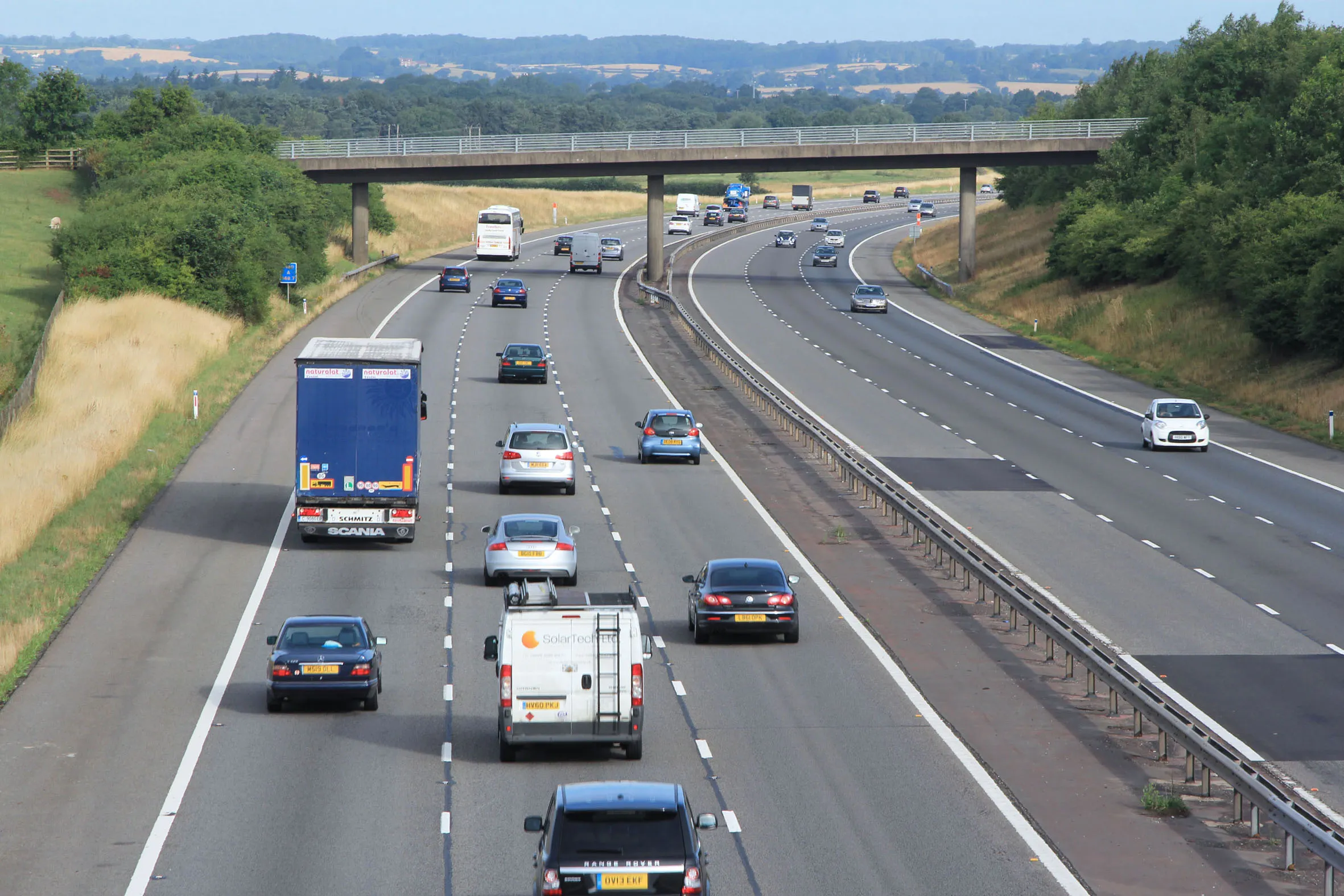Simon Topp, director of international business at software developer Yotta, explained the need for having the best possible plan in place. Highways agencies and departments the world over face a raft of complex and difficult challenges when it comes to managing and maintaining their infrastructure assets. In some countries, where natural disasters or extreme weather events are endemic, good asset management will need to be supplemented by risk and resilience planning.
In the US, for example, the Feder
September 14, 2016
Read time: 4 mins

Simon Topp, director of international business at software developer Yotta, explained the need for having the best possible plan in place
Highways agencies and departments the world over face a raft of complex and difficult challenges when it comes to managing and maintaining their infrastructure assets. In some countries, where natural disasters or extreme weather events are endemic, good asset management will need to be supplemented by risk and resilience planning.
In the US, for example, the2410 Federal Highway Administration has mandated that each state department of transportation has a risk-based asset management plan. In the US and UK, high population density means that roads will see heavy traffic. By contrast, Australia has many large territories with low populations. Often councils maintain thousands of kilometres of road but with tiny budgets simply because those roads serve very few people.
Governmental structure is another key factor. The UK is two-tiered - national and local. But other countries, including the US and Australia, are three-tiered - national, state and local - which adds more complexity and makes setting national standards more challenging.
This can lead agencies to being easily trapped in a cycle of reactive maintenance rather putting in place an asset management plan to reduce costs in the long term.
There is also in many countries a growing drive toward accountability, illustrated by the UK’s recent moves to more rigorously enforce reporting requirements of the Whole of Government Accounts measure. The UK’s introduction of the new Incentive Fund puts the onus on councils to self-assess in order to gain a larger slice of government investment.
Ultimately, a purely reactive approach delivers a short-term fix to the asset management problem and it’s costly to implement. In comparison, a long-term asset management strategy, backed by the latest high-quality software solutions, offers agencies a wide array of benefits.
8110 Yotta works with about 150 road owners, including 8100 Highways England and a wide range of local authorities. One of these authorities, Greater Manchester-based Wigan Council, is actively using Yotta’s two-core asset management solutions, Horizons and 2606 Mayrise, to help plan for the future.
In particular, Wigan Council has used Horizons to help analyse data from recent gulley silt-level surveys, also conducted with Yotta’s help. “We were quick to see the benefits of using a high-quality mapping tool like Horizons to visualise, manage and optimise our asset-management strategies all in one place,” said Mike Purcell, technical manager for highways at Wigan Council.
“Once we had implemented Horizons, we worked with Yotta to upload the silt-depth survey results into the software, which meant that we could see the results spatially. This has given us a much greater insight into the data than we would otherwise have achieved. It also has enabled us to begin exploring different maintenance strategies and various kinds of approaches.”
Critically, too, it’s about being publicly transparent. It gives agencies the opportunity to engage with key stakeholders, such as politicians, local councillors and road users, in order to obtain buy-in.
6191 Fulton Hogan, a New Zealand-based civil engineering and asset-management company, benefits from this flexibility, said Glenn Johnston, the company’s national manager for infrastructure services. “With support from Yotta Australia, Horizons 2.7 is key to helping us strategically plan works for extensive road networks, such as for 5155 VicRoads, the road and traffic authority in the state of Victoria. Horizons 2.7 will enable us to use all available data to deliver better outcomes for the road network and the greater community.”
Highways agencies and departments the world over face a raft of complex and difficult challenges when it comes to managing and maintaining their infrastructure assets. In some countries, where natural disasters or extreme weather events are endemic, good asset management will need to be supplemented by risk and resilience planning.
In the US, for example, the
Governmental structure is another key factor. The UK is two-tiered - national and local. But other countries, including the US and Australia, are three-tiered - national, state and local - which adds more complexity and makes setting national standards more challenging.
Common ground
Most countries also now have an ageing and deteriorating highway infrastructure while government funding for transportation projects is generally not ring-fenced and often is less cash than needed. Funds may be available from institutions such as the World Bank and regional development agencies, but these are geared more towards large new capital projects rather than for infrastructure maintenance.This can lead agencies to being easily trapped in a cycle of reactive maintenance rather putting in place an asset management plan to reduce costs in the long term.
There is also in many countries a growing drive toward accountability, illustrated by the UK’s recent moves to more rigorously enforce reporting requirements of the Whole of Government Accounts measure. The UK’s introduction of the new Incentive Fund puts the onus on councils to self-assess in order to gain a larger slice of government investment.
Ultimately, a purely reactive approach delivers a short-term fix to the asset management problem and it’s costly to implement. In comparison, a long-term asset management strategy, backed by the latest high-quality software solutions, offers agencies a wide array of benefits.
Building a Plan
The key to success with a long-term strategy is to capture good quality data on the present asset condition. In the UK,In particular, Wigan Council has used Horizons to help analyse data from recent gulley silt-level surveys, also conducted with Yotta’s help. “We were quick to see the benefits of using a high-quality mapping tool like Horizons to visualise, manage and optimise our asset-management strategies all in one place,” said Mike Purcell, technical manager for highways at Wigan Council.
“Once we had implemented Horizons, we worked with Yotta to upload the silt-depth survey results into the software, which meant that we could see the results spatially. This has given us a much greater insight into the data than we would otherwise have achieved. It also has enabled us to begin exploring different maintenance strategies and various kinds of approaches.”
Critically, too, it’s about being publicly transparent. It gives agencies the opportunity to engage with key stakeholders, such as politicians, local councillors and road users, in order to obtain buy-in.









